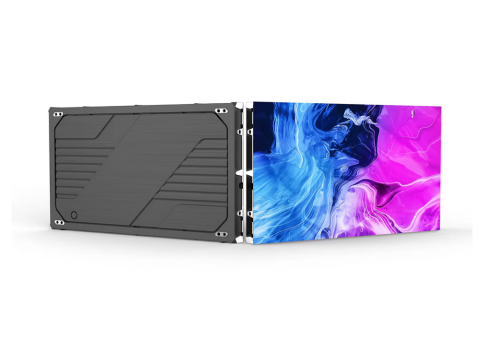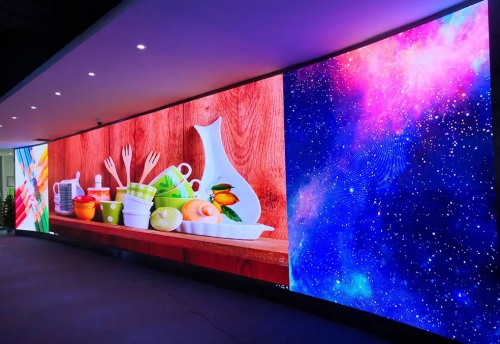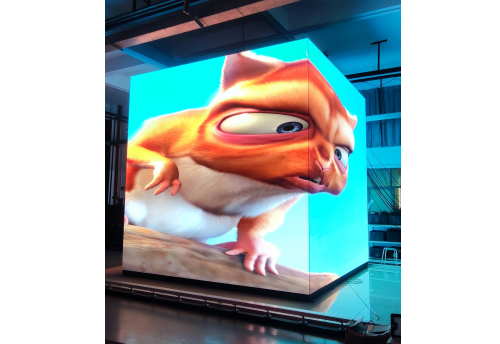Everything You Need To Know About COB LED Screen
Everything You Need To Know About COB LED Screen
What Is COB LED Screen?
COB (Chip on Board) is a kind of LED display packaging technology. Unlike traditional LED screens, COB technology involves mounting multiple LED chips directly onto a circuit board, eliminating the need for individual packaging. This consolidation enhances brightness, reduces heat emission, and enables a more seamless display.
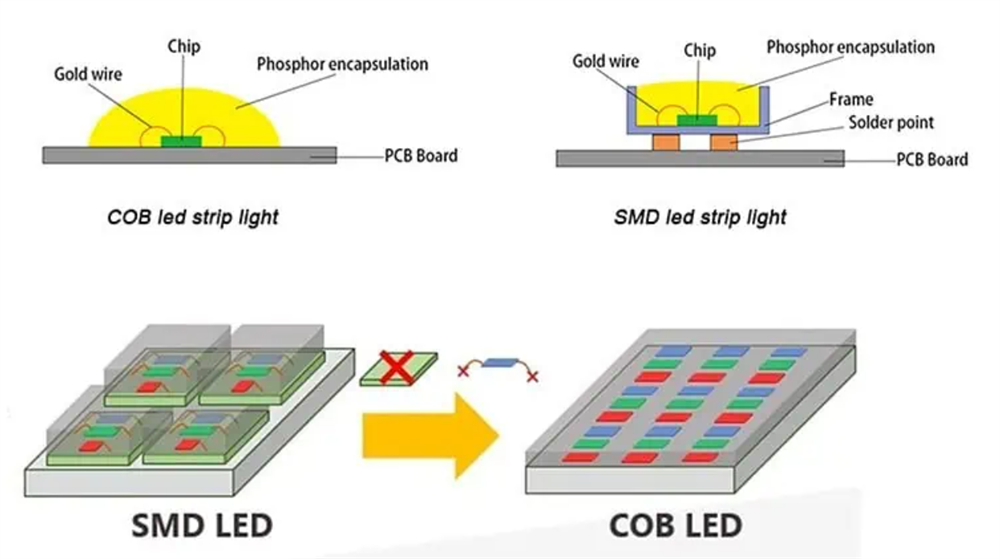
Advantages Over Traditional LED Screens
COB LED screens outshine their counterparts in terms of performance. The absence of gaps between LED chips ensures uniform lighting, preventing issues like the “screen door effect.” Additionally, COB screens offer better color accuracy and higher contrast ratios.
Merits Of The COB LED Screen
Owing to the diminutive size of the LED chip, COB offers a significantly heightened packing density when juxtaposed with Surface Mount Device (SMD) technology. This manifests as a more compressed array, ensuring enhanced uniformity, heightened intensity even in proximity, and superior heat dissipation, bolstering stability, reliability, and longevity. The encapsulation of COB chip and pin legs augments airtightness, fortifying resistance against external forces, yielding a seamless, polished surface. Moreover, COB boasts heightened resistance to moisture, ElectroStatic Discharge (ESD), damages, and dust, flaunting an IP65 surface protection rating.
Stable technology process. As shown above, SMDs need to use reflow soldering. When the soldering paste reaches a temperature of 240°c the epoxy resin weight loss rate is 80% which easily causes the glue to separate from the LED cup, but in the case of COB technology there is no reflow soldering process so it is more stable.
A Closer Look: Pixel Pitch Precision Pixel pitch, denoting the proximity of pixels on a display, undergoes refinement with COB LED technology. The smaller pixel pitch translates to increased pixel density, yielding superior resolution. This reduction in pitch ensures clarity even for viewers in close proximity to the display.
Illuminating the Dark: Light Efficiency
Efficient heat dissipation and low light attenuation hallmark COB LED technology. Direct dispensing of the COB chip onto the PCB expands the heat dissipation area, surpassing the SMD counterpart in attenuation. SMD’s heat dissipation emanates from the bottom of its anchoring.
Expanding Horizons: Viewing Angles
The small pitch technology within COB bestows a broader viewing angle, transcending indoor and outdoor scenarios with heightened brightness.
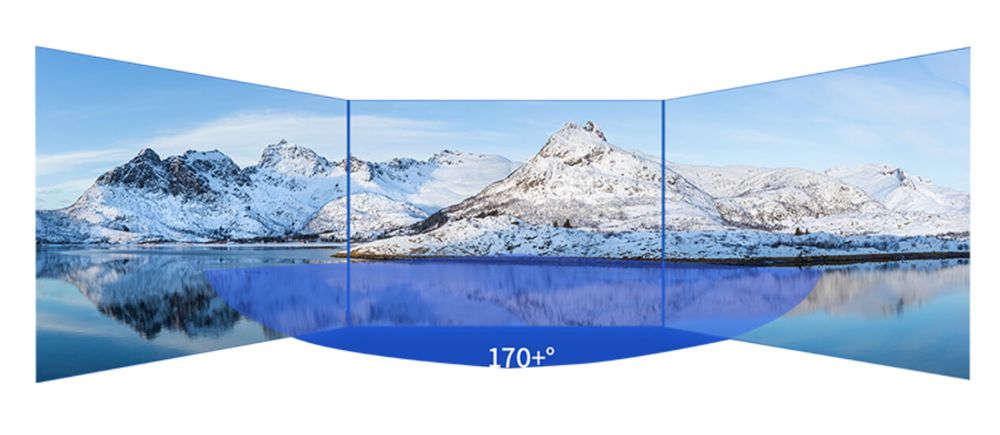
Indomitable Resilience
COB stands resilient against collisions, impervious to the impact of Oil, Damp, Water, Dust, Oxidation, and dust.
High Contrast Ratio
The contrast ratio, a pivotal metric for LED displays, achieves new heights with COB, boasting a static contrast ratio between 15,000 to 20,000 and a dynamic contrast ratio reaching 100,000.
The Green Epoch: Energy Efficiency
In the realm of energy efficiency, COB surges ahead of SMD, a critical factor in the operational cost of expansive displays subjected to prolonged usage.
The Shadows Of COB LED Display: Unveiling Drawbacks
Crafting Challenges
The encapsulation of an LED display within COB mandates a defect-free lamp before refilling. Unlike SMD packaging, individual bulb replacement is unfeasible, intensifying the stringency of the packaging process.
Maintenance Dilemma
Traditional SMD packaging allows for unit board disassembly after a single LED soldering repair. In contrast, COB products complicate maintenance, impacting surrounding lamps. Despite enhanced protection, a discernible dead light rate persists, necessitating unit board replacements. Although COB panels incur higher costs, their failure probability is substantially lower, making the maintenance cost comparable to SMD. As COB manufacturing costs decline, the trajectory suggests COB LED screens may soon eclipse SMDs in cost-effectiveness.

